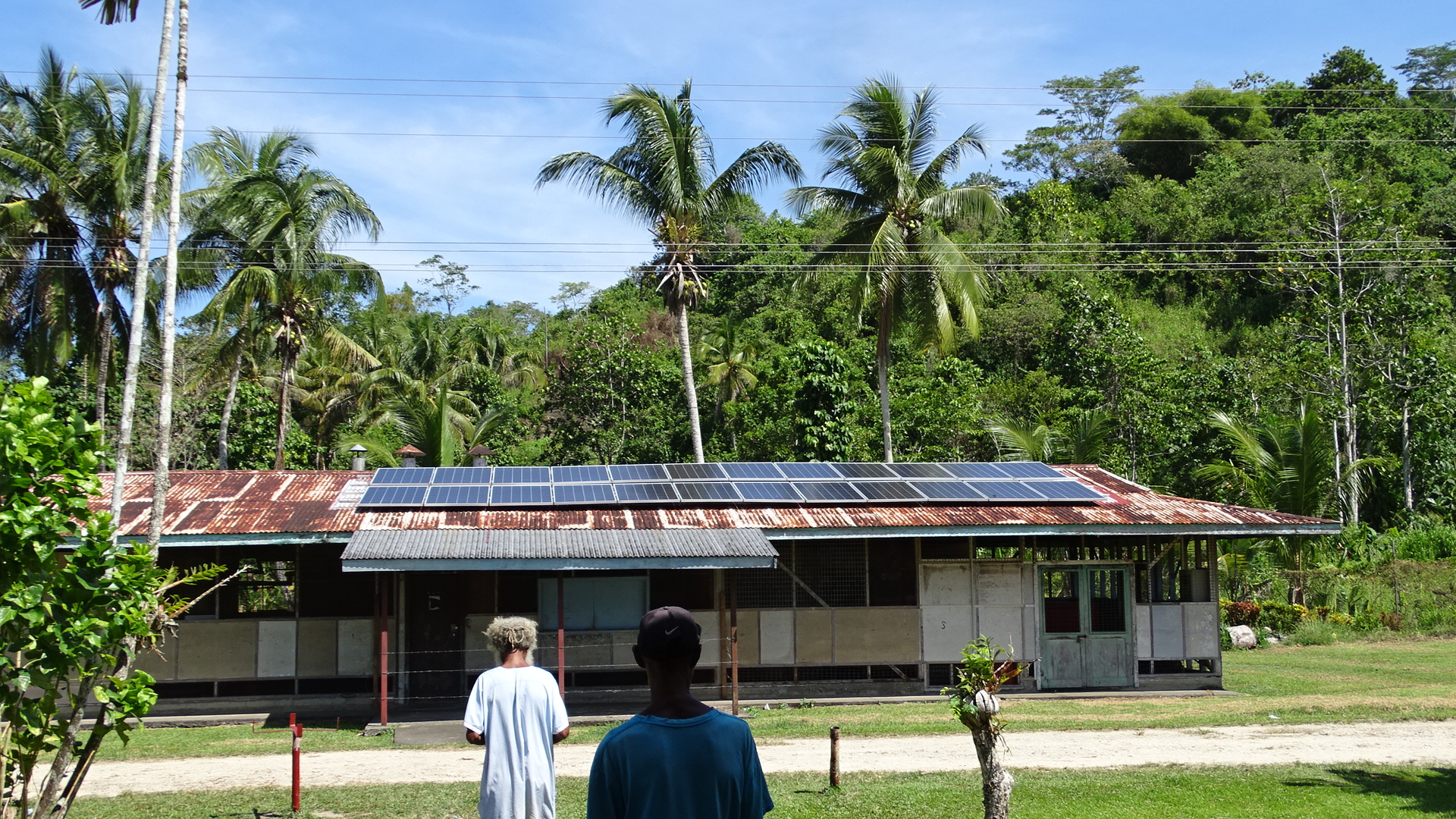The poor state of electrical power supply for the institutions of the Evangelical Lutheran Church of Papua New Guinea (ELCPNG) in remote rural areas is a known challenge. Having been a business manager and an electrical engineer for all my life, I felt I can make a contribution here. Talks with “Mission-Eine-Welt”, a partner organization of ELCPNG in Germany, quickly led to the conclusion that an assessment of the energy and communication situation for the 20+ largest institutions would be a good starting point for further work.
In late 2022 I travelled to PNG to conduct the assessment and I was very excited to meet the country of my childhood again some 50 years later.
In brief: The options for power generation to evaluate were wind, sun, hydro and biomass. Wind and hydro could be considered in some few places, biomass was not found as suitable option. Not surprisingly, solar technology quickly emerged as #1 choice due to the scalability of the technology, wide availability of components on the world market, very good applicability in all locations due to the strong sunshine levels seen in a tropical country.
A rough estimation of expected typical power consumption per institution indicated that in most locations solar installations in the order of 20 to 60 kilowatt of power generation should be sufficient to cover daytime and nighttime energy requirements.The solar power plants shall be designed as standalone “off-grid” implementations with a sufficient battery energy storage capacity to cover for the night hours.
Power supply to the institutions from the public energy grid is either non-existent or –where available—very unreliable with multiple days of outage per week and extended outage periods up to several weeks.
ELCPNG’s institutions, including seminaries, schools and hospitals need a reliable and stable power supply to be able to fulfill their objective of providing their services to the public.
The assessment report was presented to the Church Executive Team and endorsed by the Church Council with the decision to move ahead with the implementation of the proposed solar solutions for rural areas.
The idea of “SolSol” was born.

